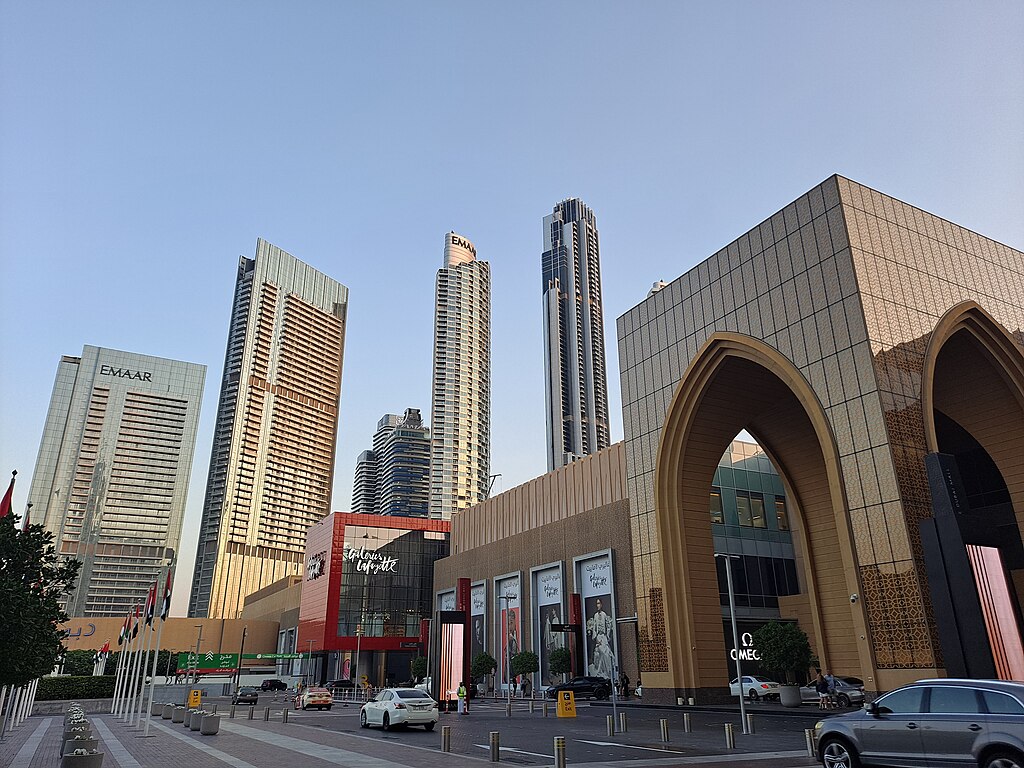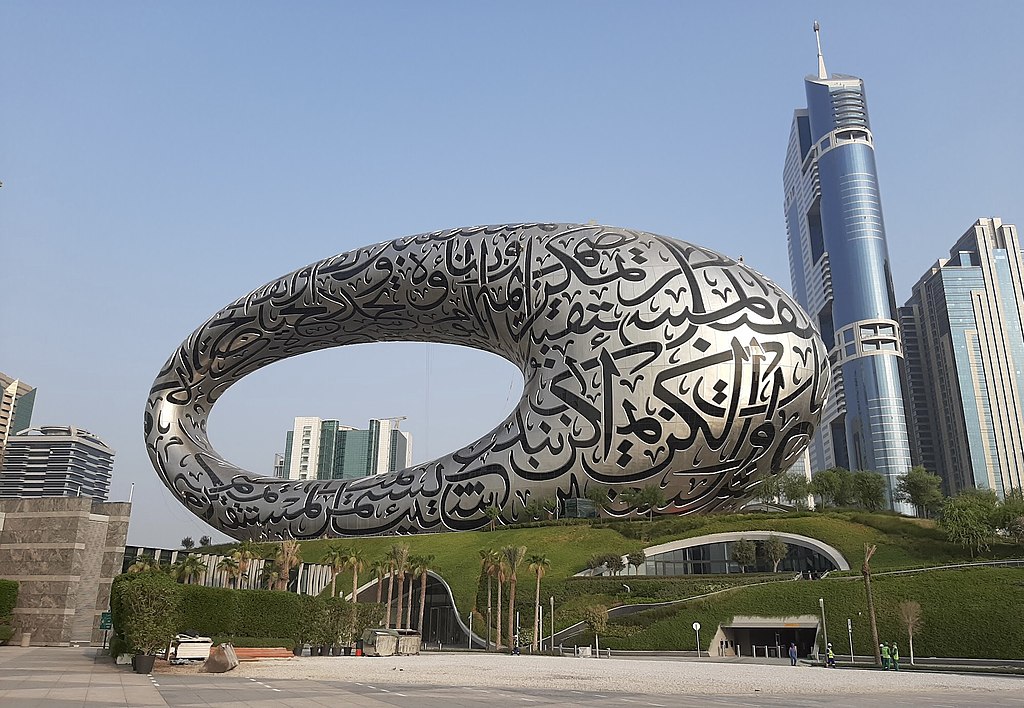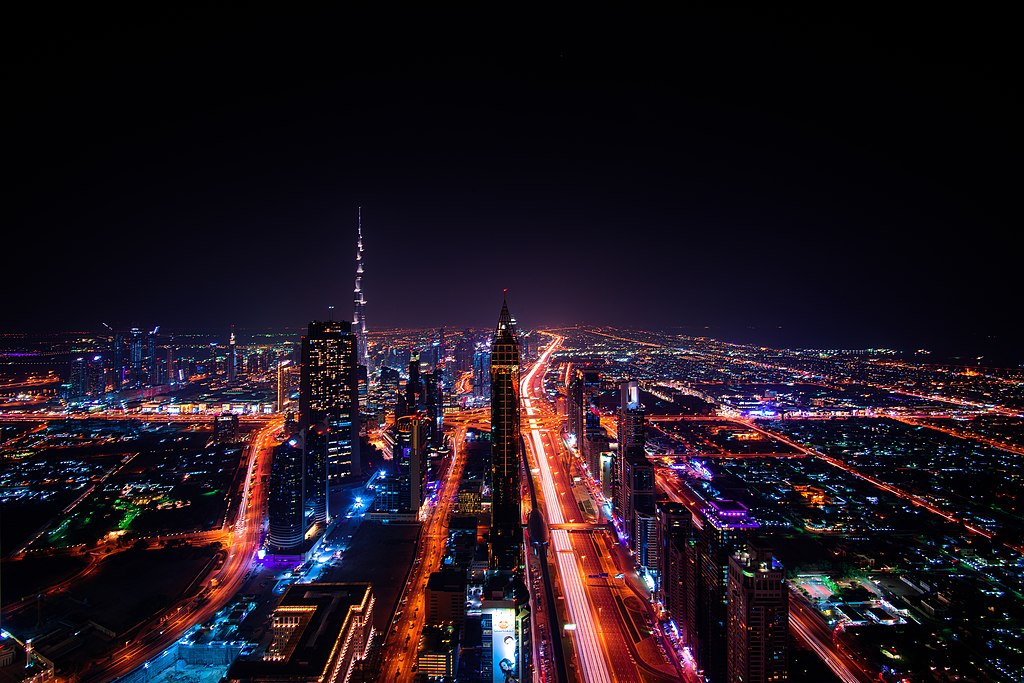About Dubai
About Dubai
Where Opportunity Meets Global Expertise
Dubai is a city and emirate in the United Arab Emirates known for luxury shopping, ultramodern architecture and a lively nightlife scene. Burj Khalifa, an 830m-tall tower, dominates the skyscraper-filled skyline. At its foot lies Dubai Fountain, with jets and lights choreographed to music. On artificial islands just offshore is Atlantis, The Palm, a resort with water and marine-animal parks.

Population
3.7 million
Language
Arabic
Currency
United Arab Emirates Dirham

Political Structure
Dubai has been ruled by the Al Maktoum family since 1833; the emirate is an absolute monarchy with no elections (other than the few thousand Dubai citizens participating in the electoral college for the Federal National Council of the UAE). The ruler, High Highness Sheikh Mohammed bin Rashid Al Maktoum, is also the Vice President and Prime Minister of the United Arab Emirates and member of the Supreme Council of the Union (SCU). Dubai appoints 8 members in two-term periods to the Federal National Council (FNC) of the UAE, the supreme federal legislative body.
Infrastructure and Economy
One of the world’s fastest growing economies, Dubai’s gross domestic product is projected at US$107.1 billion, with a growth rate of 6.1% in 2014. Although a number of core elements of Dubai’s trading infrastructure were built on the back of the oil industry, revenues from oil and natural gas account for less than 5% of the emirate’s revenues. It is estimated that Dubai produces 50,000 to 70,000 barrels (7,900 to 11,100 m3) of oil a day and substantial quantities of gas from offshore fields. The emirate’s share in the UAE’s total gas revenues is about 2%. Dubai’s oil reserves have diminished significantly and are expected to be exhausted in 20 years. Real estate and construction (22.6%), trade (16%), entrepôt (15%) and financial services (11%) are the largest contributors to Dubai’s economy.

